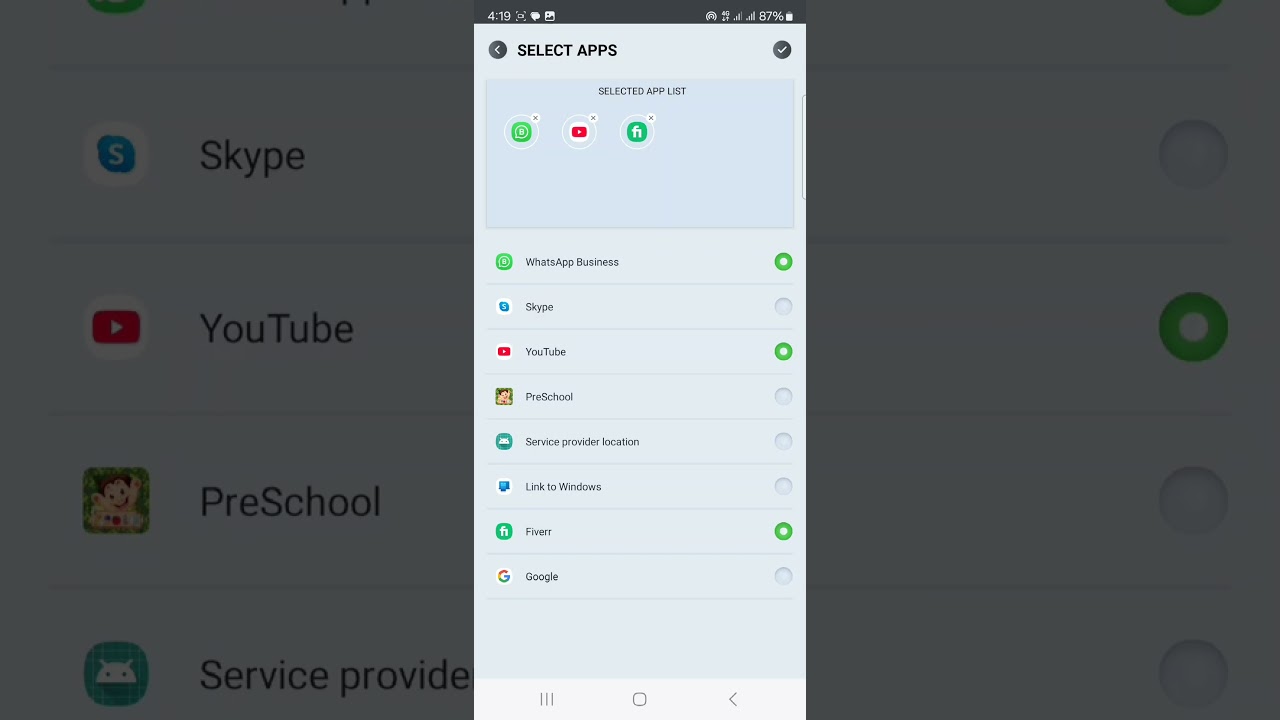I’m not aware of any specific information about a website on November 9, 2024, as my training data only goes up to December 2023. However, I can provide general guidance on how to identify and report unregistered or scam websites.
If you have come across a website that you suspect is a scam or unregistered, it’s essential to exercise caution when interacting with it. Here are some steps to help you identify and report such websites:
- Check the website’s URL: Look for "https" in the URL, which indicates a secure connection. Also, be wary of URLs with spelling mistakes or those that use unfamiliar top-level domains (TLDs).
- Verify the website’s registration: You can use online tools like WHOIS or DomainTools to check the website’s registration details, such as the owner’s name, address, and contact information. Legitimate websites usually have accurate and up-to-date registration information.
- Research the website’s reputation: Search for reviews, ratings, and feedback from other users to get an idea about the website’s credibility. You can use search engines, social media, or review websites like Trustpilot or Sitejabber.
- Be cautious of suspicious content: Scam websites often have poorly written content, grammatical errors, or generic images. Legitimate websites usually have well-written, engaging, and original content.
If you suspect a website is a scam or unregistered, you can report it to the relevant authorities, such as:
- The Internet Corporation for Assigned Names and Numbers (ICANN)
- The Federal Trade Commission (FTC)
- The website’s hosting provider or registrar
Remember to always prioritize your online safety and security when interacting with unfamiliar websites.
Please provide more information about the website you suspect is a scam or unregistered, and I’ll do my best to help you identify and report it.
Article: "The Dangers of Unregistered and Scam Websites: How to Protect Yourself Online"
In today’s digital age, the internet has become an essential part of our daily lives. However, with the increasing number of websites and online platforms, the risk of encountering unregistered or scam websites has also risen. These websites can pose a significant threat to your online security, financial well-being, and personal data.
Unregistered websites often lack the necessary credentials and verification, making it difficult to track their ownership and legitimacy. Scam websites, on the other hand, are designed to deceive and manipulate users into providing sensitive information or making fake transactions.
To avoid falling prey to these websites, it’s crucial to be vigilant and take necessary precautions when browsing online. By verifying a website’s registration, researching its reputation, and being cautious of suspicious content, you can significantly reduce the risk of encountering unregistered or scam websites.
Remember, your online safety and security are in your hands. Always prioritize caution and report any suspicious websites to the relevant authorities. By working together, we can create a safer and more secure online environment for everyone.
Please note that this article is a general guide and not specific to any particular website or incident. If you have any further questions or concerns, feel free to ask.
